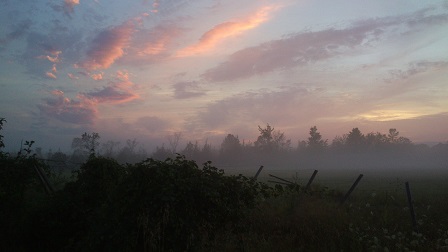Collaborative Writing as an Exercise of Poetic Resistance in Teacher Education
DOI:
https://doi.org/10.25071/1916-4467.39803Abstract
Over the last decade we have strived through a collaborative writing project to open a polyvocal and layered conversation on critical contemporary issues in teacher education, even as our program faced its demise. Our writing inquiries began as a critical thinking-through of the qualities of lived experiences as instructors within an innovative and now defunct teacher education program. The context for our work was a radically construed approach to teacher education that—in its language, form, and curriculum—challenged prevailing norms of practice. In our collaborative writing we confront the difficult work of teacher education, addressing specific challenges, complex demands, and forms of resistance that are prevalent in faculties of education everywhere. Such challenges include how we narrate alternative visions of teacher education, attend to issues of ethics and recognition, deal with the complexities of learning professional practice and take into account the larger, historical project of teacher education. As a provocative example of self-study research, our collaborative method of inquiry illustrates the richness and productivity of poetic, practice-based research, oriented to critical issues in teacher education. The intentional effort to make our work public and politically provocative is an attempt by the authors to reveal the importance of these critical conversations in advancing our work. Specifically, what makes such conversations important includes questions about how we should enact our responsibilities for teacher education and also how we give account for enacting those responsibilities. We intend our conversations and thinking-through about practices in teacher education to remain open-ended and responsive to a plurality of thought and experience. Collaborative writing serves for us as a kind of resistance, reclaiming, re-storying, and historical accounting through encounters with others.Downloads
Published
25-01-2015
How to Cite
Panayotidis, L., Towers, J., Lund, D., & Smits, H. (2015). Collaborative Writing as an Exercise of Poetic Resistance in Teacher Education. Journal of the Canadian Association for Curriculum Studies, 12(2), 37–65. https://doi.org/10.25071/1916-4467.39803
Issue
Section
Articles
License

Copyright for work published in JCACS belongs to the authors. All work is licensed under a Creative Commons Attribution-ShareAlike 4.0 International license.


